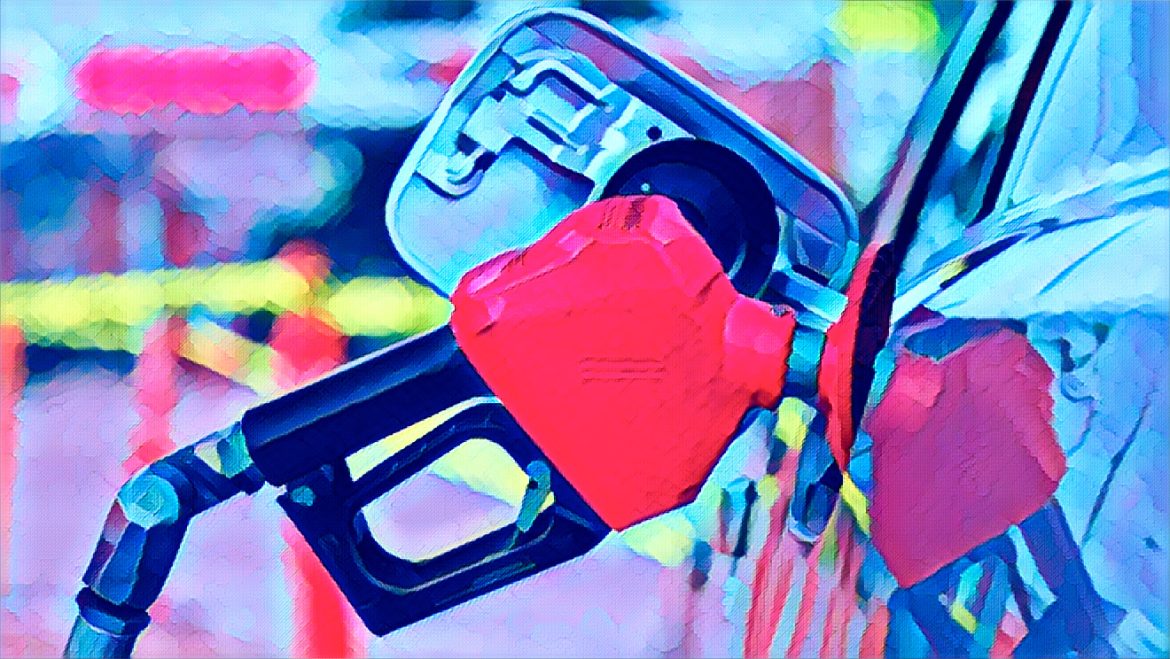KEY POINTS
- Aliko Dangote urges the Nigerian government to eliminate the fuel subsidy, citing its unsustainable economic impact.
- The business mogul argues that ending the subsidy would free up resources for national development.
- The removal of the subsidy could strengthen Nigeria’s economy, but its effects on fuel prices may raise concerns among consumers.
Africa’s richest man, Aliko Dangote, a prominent economic player in Nigeria has urged the federal government to halt fuel subsidies. Addressing an economic forum, Dangote said that the fuel subsidy, which has been in place for decades, is unsustainable and is stifling the growth of the country.
According to him, this is the best way through which the government would get the much-needed resources to fund development projects such as infrastructure development.
This policy of the Nigerian government has been subsidizing fuel for years, although its major aim was to ensure that the citizens of Nigeria pay a lesser price for fuel.
But with world market prices for oil varying and the Nigerian economy facing inflation and budgetary problems, most analysts, including Dangote, are now calling for a change of tack.
Why end the fuel subsidy?
In his words, the fuel subsidy is wasteful to Nigeria’s coffers. He observed that about Naira billions are spent every year subsidizing fuel, which could otherwise be invested in vital sectors such as health, education or infrastructure.
He stressed that it is impossible to keep laying such a financial burden on the government without negatively affecting the stability of the economy.
The entrepreneur also said that the existing global oil market situation has put the Nigerian government under pressure to continue subsidizing fuel while facing other economic challenges.
High and rising levels of debt on the one hand and low revenues on the other hand are pointing to the fact that Nigeria has to re-strategise how it is going to fund its projects and programs.
According to Dangote in a statement made available to Tribune Online, the removal of the subsidy would assist in encouraging more investment into the country’s downstream oil sector because the market-determined price of fuel would encourage investors to set up refineries among other facilities.
The economic consequences of subsidy withdrawal
This removal of fuel subsidies could therefore open other negative implications for the economy of Nigeria. On one hand, it could save approximately billions of US dollars every year of expenditure which could be utilized in other important sectors of the economy.
It can also increase the development of the country in the future as it will develop infrastructure, create employment as well as boost economic development.
On the other hand, it had been anticipated that the withdrawal of the subsidy would lead to an immediate increase in the price of fuel.
These measures would impact the prices and the consumer especially the lower income earners who depend on cheaper fuel for transport and other related activities. As the price of fuel increases others have presented a view that this will have an impact on the price of products and services hence inflation.
However, according to Dangote, the short-term social cost of increasing fuel prices would be greatly outweighed by the long-term economic gains of a stable economy and a country that is not overly reliant on imports.
Since the fuel prices are market-determined, the Nigerian economy could be able to develop and become more competitive than it currently is now by promoting local content rather than importing most of its products.
Moving forward: a path to economic stability
What Mr. Dangote has said is timely especially when the Nigerian government is looking for ways to rein in its spending due to the volatile international market.
He encouraged the government not to chicken out and make the right decision to phase out the subsidy saying it would be the only way to bring about Nigeria’s future economy.
Moreover, he urged those in the policy-making authority to find ways of softening the effect of subsidy withdrawal on the affected groups of people. This could include offering cash transfers to the poor / or subsidies on some key commodities in an endeavour to reduce the impact of the high fuel prices on the citizens.
However, based on the difficulties that might be expected as a result of the removal of the subsidy, Dangote is confident that this step would be beneficial for Nigeria in the future.
He also stressed the need for the government to be more accountable and open in the handling of the funds that would have accrued from the removal of subsidy so that such funds are channelled to the right developmental projects in the country.
While Nigeria is grappling with hard choices on how to balance its budget, the country’s richest man, Aliko Dangote has joined other economists and businessmen to call for the removal of fuel subsidy saying it has outlived its usefulness.
However, it is believed that the discontinuity of the subsidy will create a way for a better and better and healthier development of the Nigerian economy.


